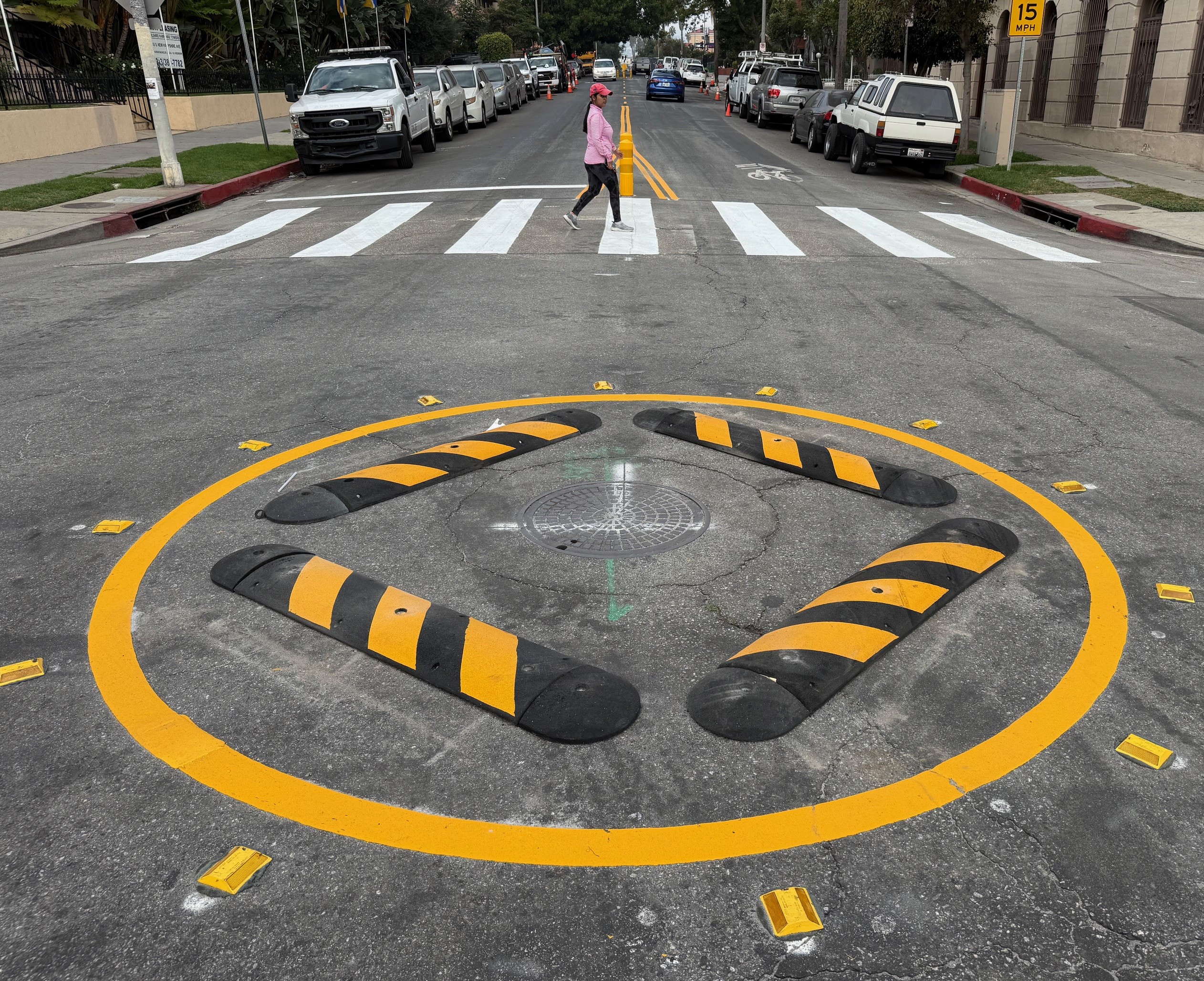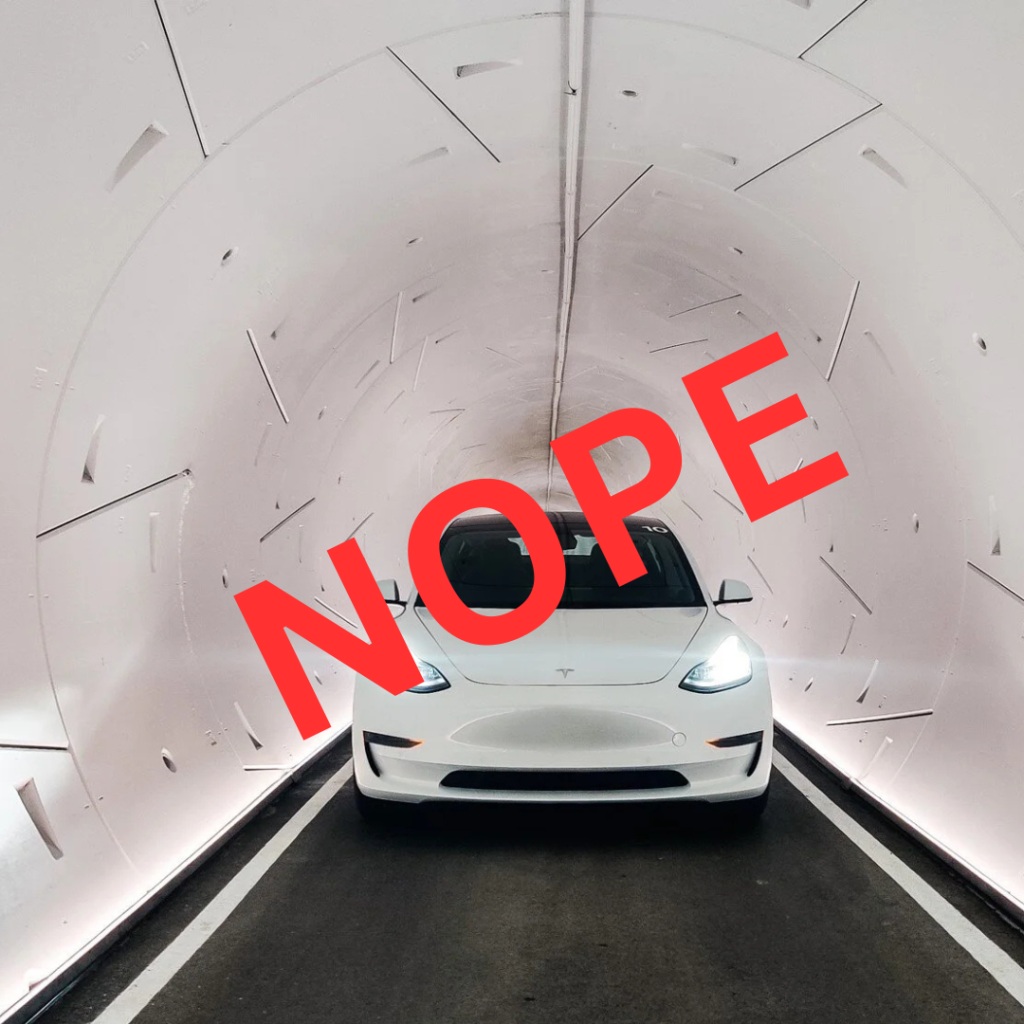
The Wall Street Journal's Bob Tita broke the news yesterday that the manufacturer of 130 new Amtrak railcars is years behind schedule, and probably won't complete the order before the federal funding for it expires. How did this happen?
The 130 double decker railcars were approved for purchase in the 2008 stimulus package, destined for service in the Midwest and California. But the terms of the $352 million contract awarded to Nippon Sharyo, an American subsidiary of a Japanese rail company, made it impossible to complete on time. The company now says it won't begin construction of the trains until 2018, when the order was supposed to be completed.
The problem can be traced to two regulations: a strict "Buy America" manufacturing requirement and the Federal Railroad Administration's unusual safety rules.
The 2008 stimulus bill included a Buy America provision that compelled the winning bidder to build its trains "entirely in the U.S. with domestically sourced components and materials," Tita reports.
Problem is, America doesn't have much of a domestic passenger railcar industry, in part because the passenger train market is pretty small. To comply with the law, the Japanese company had to set up a subsidiary in the U.S. and build a brand new $100 million plant. That was the easy part.
What turned out to be more difficult was acquiring needed components that were made in the U.S. Nippon Sharyo appealed to Caltrans, which is overseeing the project, for an exemption to source these from Japan, according to Tita.
Compounding the difficulty of sourcing the parts is that Nippon Sharyo has to construct a railcar model that has never been built before. That brings us to the second problem.
Nippon Sharyo ran up against the FRA's infamous crashworthiness standards, which "Nippon Sharyo’s car hasn’t been able to pass," reports Tita. As a result, the company is going to have to spend the next few years reengineering the body.
America's mandate for railcars that can withstand these crash tests is unusual, and it makes trains more expensive to build and operate without actually making them safer. In a classic post at Bike East Bay, Eric McCaughrin likened the FRA to "the soccer-Mom who thinks an SUV provides greater safety, the FRA figures collisions are inevitable and heavier is better."
It's not just Nippon Sharyo that's having trouble filling orders for U.S. traincars. A Spanish company that won the bid to construct 130 railcars for Amtrak in 2005 is well behind schedule after 400 defects were discovered in the first 28 baggage cars it rolled out, Tita reports.
Responding to the Wall Street Journal, an FRA spokesperson indicated the agency isn't willing to relax its rules: “The Federal Railroad Administration is committed to its investment in high-quality and safe passenger rail cars. And we are committed to the jobs the project has and will create.”






